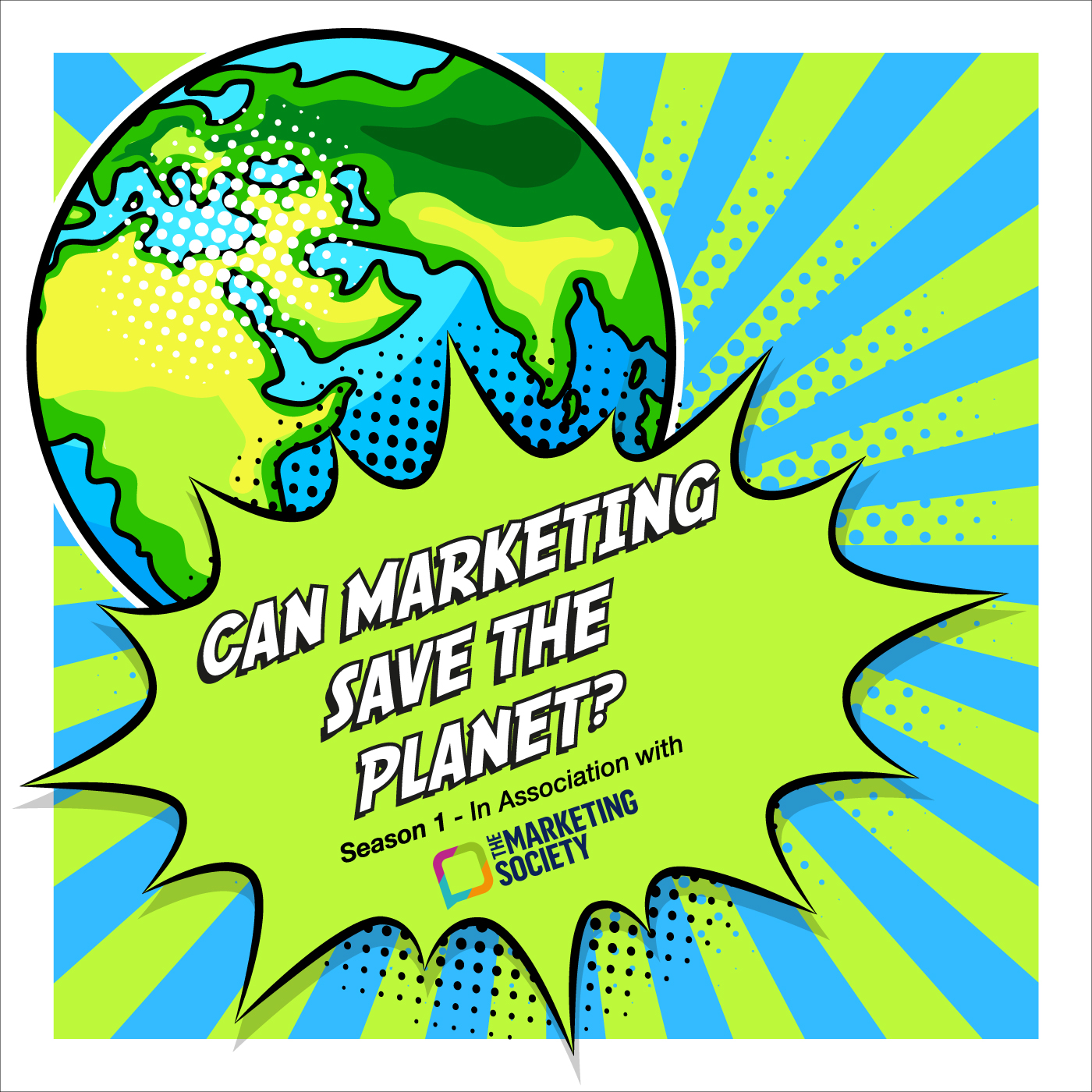Episode 61: – Offsetting? A contribution mindset vs. a compensation mindset - The important shift we all need to make. Gavin Sheppard and Rob Cheesewright, Pinwheel.
Description
How do you get a return on your investment for your business, AND at the same time deliver a return on investment for the planet, ensuring everyone benefits?
In this episode we’re joined by Gavin Sheppard and Rob Cheesewright from Pinwheel, an organisation focused on projects that remove carbon from the atmosphere, restore habitats and protect biodiversity - to discuss that very question.
Given there’s a lot of terminology that can become quite confusing, we kick things off with some jargon busting diving into offsetting, carbon capture and, carbon removal. Offsetting has been the subject of controversial debate recently, as some argue it’s ineffective and many schemes are a ‘license to pollute’, and so it’s really important do the homework around what is out there, not taking things at face value, and remembering that the focus has to be on reduce, reduce, reduce.
When it comes to carbon capture and carbon removal, these are very different things, but, again there is confusion with the terms being mixed, up, used interchangeably and not really telling the story that allows informed decisions and progress to be made. Whilst they both make up a critical part of the Net Zero journey, they also play very different roles (you’ll need to listen in to find out more!)
Gavin tells us, “the science tells us that businesses need to do three things. The first is, reduce your own emissions and the impact on the planet, but it’s much broader than carbon, and that’s inside your value chain. Outside of your value chain you need to do two other things, remove legacy carbon and waste, investing in projects that do that in a high quality way, and the third thing we need to do is restore, and it’s these last two parts that Pinwheel helps with.” It is the high quality restoration projects that have a conclusive response to the sizeable issues we are facing.
Where marketing comes in (as we talk about so often on this podcast) is the communication piece around what are complex solutions, translating in a way that is engaging, motivating and helps people understand, and more importantly, want to understand and take action. The carbon removal projects Pinwheel fund around the world do just that. Not only are they are effective and restorative, they are a massive opportunity to tell some really inspiring stories which grab the attention of people, build trust and make them part of making a positive difference and, they make you smile. [Indeed, Can Marketing Save the Planet is investing in such projects for that very reason - and you can get involved in that too - more on that later!].
From a marketing perspective, it’s all about shifting mindsets, a vital step if we are to change behaviours. Rob raises the point around the mindset shift to ‘contribution’ being so important, he explains, that it, “decouples the harm being done on one side to the good on the other, the problem with compensation approaches, or offset or carbon neutral is it aims to say, don’t worry, the harm hasn’t happened, we’ve neutralised it, the contribution mindset says, we just need to contribute to the biggest impactful things we can, it is not seeking to edge away the other stuff.”
The bottom line is, we need to create a balanced ecosystem where life can thrive on this planet, and as Gavin simply says, “stop covering up the shit that we’ve done”.
So, where to start? Pinwheel recommends the WWF blueprint… (link below). And we, working alongside Pinwheel, encourage everyone to not only listen to this episode, (it’s full of advice business needs to know, and start doing), but to also go over to our Can Marketing Save the Planet investment fund - and get involved and start making a difference. Every £ helps.
We’re focused on three projects:
Seagrass restoration - ocean based - big impact
Wolf protection - critical and seldom talked about
Forest restoration in the Andes - we need to support forest restoration desperately.
More Episodes
“When it comes to food systems, Marketers can be the most valuable in providing extraordinary consumer insights so that assumptions are not made in what people want.”
To maintain food security, food systems need to change. They need to be more sustainable, less impactful on the planet, healthier...
Published 11/12/24
Published 11/12/24
It’s the final episode in our mini-series on sustainable leadership and in this episode we’re joined by Professor Chris Marquis. Chris talks to us about his experience studying, writing about and working with organisations on sustainability. Author of, “Better Business: How the B Corp Movement Is...
Published 10/28/24


